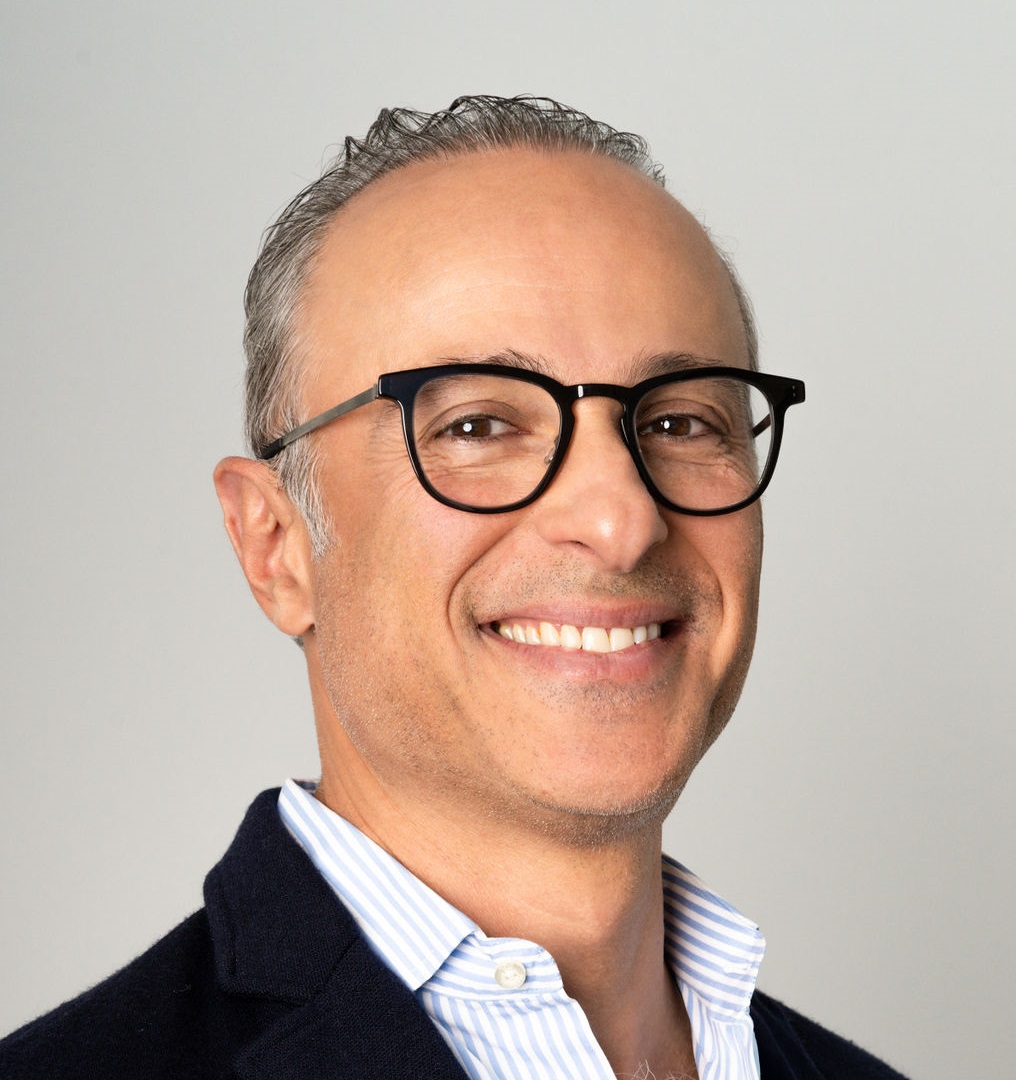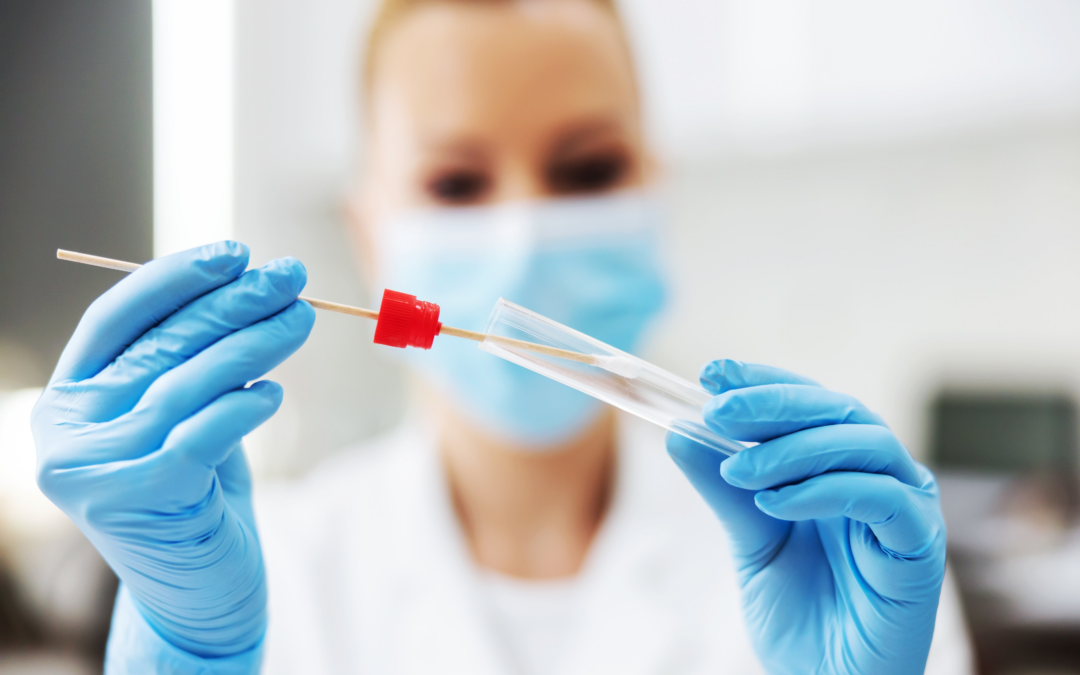
Clinical Laboratory Start Up for Urology and OB/GYN practices becomes a streamlined process with Cadence Lab Services by your side. With rapid advances in molecular testing for urinary, reproductive, and sexually transmitted infections, your practice can now offer precise, 24 hour diagnostics that improve patient outcomes and streamline treatment decisions. The challenge is learning all the necessary steps to start a clinical lab while also running your busy clinic. We’ll deliver a turn-key lab to your practice and guide you each step of the way, beginning with this guide.
Why In-House Molecular Testing Matters
Traditional culture-based testing can take days to identify pathogens and determine antimicrobial resistance. Molecular PCR-based solutions have emerged as a superior alternative, providing rapid and precise identification of pathogens, allowing for targeted therapy and improved patient care. For urologists and gynecologists, this means:
- Faster diagnosis and treatment of infections
- Better patient satisfaction and outcomes
- Improved antibiotic stewardship
- Increased revenue to your practice
- Increased accuracy of results
How Starting an In-house Lab Can Improve Your Urology or OB/GYN Practice
Bringing laboratory testing in-house offers significant advantages for urology and OB/GYN practices. By establishing your own clinical lab, you gain direct control over the diagnostic process, resulting in faster turnaround times and more accurate results. This means you can diagnose infections, monitor chronic conditions, and adjust treatment plans in real-time—often within the same patient visit.
An in-house lab also enhances patient satisfaction. When patients receive quicker answers and more personalized care, their trust in your practice grows. Additionally, having direct access to molecular testing allows you to identify pathogens and antibiotic resistance with unmatched precision, supporting better clinical decisions and improved outcomes.
Financially, starting an in-house lab can open new revenue streams for your practice. Instead of outsourcing tests, you can capture reimbursement for laboratory services, improve operational efficiency, and reduce overall costs. Ultimately, an in-house clinical lab empowers your team to deliver higher-quality care, strengthen patient relationships, and boost your practice’s bottom line.
Phase 1: Comprehensive Consulting
The journey to a successful in-house clinical lab begins with a comprehensive consulting phase. At this stage, expert guidance is crucial to ensure your project is both compliant and tailored to the unique needs of your urology or OB/GYN practice. We’ll answer the initial questions about credentialing, lab planning, and timelines from start to finish.
Assess Your Practice’s Needs
Begin by identifying the most common infections and diagnostic needs in your practice. For example:
- Urologists: Urinary tract infections (UTIs), sexually transmitted infections (STIs), and pelvic pain issues are frequent needs. Rapid detection of bacteria, and antibiotic resistance is essential for effective management.
- OB/GYN:Urinary tract infections (UTIs), sexually transmitted infections (STIs) are common. Fast, accurate identification of pathogens and antibiotic resistances can directly impact patient care.
By assessing the tests you’re already ordering, you can begin to see how patient care and reimbursements can be improved. The consulting process starts with a thorough assessment of your patient volume, testing needs, and clinical objectives. Our consultants will help you determine the most valuable test menu for your specialty, ensuring your lab aligns with your practice’s workflow and balance sheets.
Creating a Roadmap for Your Clinical Laboratory
Goal setting helps us to develop a detailed project timeline outlining key milestones—from site preparation and equipment installation to regulatory inspections and go-live. This roadmap keeps your project on track and ensures a smooth transition to in-house testing.
With Cadence as your consulting partner, the initial phase of starting your lab becomes a clear, manageable process—setting the stage for clinical and operational success. This ensures the lab start-up process won’t take time away from seeing your patients.
Choosing Which Testing Services to Bring In-House
Molecular testing, such as PCR-based assays, can detect a broad range of pathogens—including bacteria, viruses, and antimicrobial resistance markers—in a single test. This technology, similar to the molecular testing services offered by PathMD Labs, delivers results within 24 hours, enabling swift clinical decisions.
Key benefits include:
- Comprehensive Pathogen Panels: Identify multiple organisms in one test.
- Antimicrobial Resistance Detection: Guide therapy with real-time resistance data.
- Rapid Turnaround: Results typically available within one business day.
A Sample of Molecular Testing Labs Typically Ordered
Here’s a sample of the tests typically ordered by urologists and OB/GYNs, along with the average reimbursement per test:
|
Test Name |
Typical Use Case |
Avg. Reimbursement (ROI) per Test* |
|
Urinary Tract Infection (UTI) PCR Panel |
Detects bacterial/fungal pathogens in urine |
$750-$1000 |
|
Sexually Transmitted Infection (STI) PCR |
Detects chlamydia, gonorrhea, trichomonas, mycoplasma, etc. |
$250 – $500 |
|
Vaginitis/Vaginosis PCR Panel |
Identifies bacterial vaginosis, yeast, and trichomonas |
$200 – $400 |
|
Pre biopsy procedure |
Detects bacterial/fungal pathogens with rectal swab |
$750-$1000 |
|
Pelvic pain Infection panel |
Detects bacterial/fungal pathogens in urine |
$750-$1000 |
Phase 2: Business assessment
*ROI values are estimates based on average insurance and Medicare reimbursement rates for in-house clinical labs. Actual reimbursement may vary based on payer contracts, coding, and local market factors.
Cadence Lab Services offers all our clients a free consultation to provide an overview of the process of starting your own lab and answer any questions you might have. Book a consultation today.
Phase 3: Financial Analysis to Plan Your Clinical Laboratory
At Cadence Lab Services, we take the uncertainty out of budgeting for your in-house lab. Our approach includes a complimentary two-month “ride-along” where we analyze your actual patient volumes and test orders using our advanced billing models. This allows you to see projected costs and revenue based on your real-world data—not just industry averages.
After this trial period, we’ll schedule a follow-up consultation to review the findings together. You’ll gain clear insight into the financial viability and potential return on investment of launching your own clinical laboratory. From startup costs to ongoing reimbursements, our transparent process ensures you have the numbers you need to make an informed decision.
Curious about how much your practice could gain by bringing testing in-house? Reach out to Cadence Lab Services for a no-obligation, personalized ROI assessment.
Phase 4: Lab Set-up and Regulatory Compliance
Launching a clinical laboratory requires strict adherence to a range of regulations and accreditation standards, such as CLIA, COLA, and CAP. Navigating these requirements can be complex, but our team handles the entire process for you. We ensure your facility meets:
- Facility design and equipment standards
- Personnel qualifications
- Comprehensive quality control and assurance protocols
- Complete documentation and reporting systems
We also guarantee compliance with OSHA, HIPAA, and local health department mandates. Here’s how we streamline your credentialing:
CLIA (Clinical Laboratory Improvement Amendments)
CLIA certification is necessary for all labs performing diagnostic testing on human specimens in the U.S. We guide you through determining your testing complexity, preparing your application, and ensuring your lab is ready for inspection. Our expertise covers all federal requirements, so you can be confident your lab operates within legal and quality standards.
COLA (Commission on Office Laboratory Accreditation)
COLA offers an accessible accreditation process ideal for office-based labs. We manage your COLA application, organize required documentation, and help your staff prepare for the on-site evaluation. Our support ensures your lab consistently meets COLA’s standards for quality and operational excellence.
CAP (College of American Pathologists)
CAP accreditation is the benchmark for laboratory quality, particularly for practices handling a significant volume of pathology specimens. While not mandatory like CLIA, CAP certification demonstrates your commitment to the highest standards in laboratory medicine. We assist with every step—from application and checklist preparation to gap analysis and ongoing compliance—so your lab is always audit-ready.
Let Cadence Lab Services handle the paperwork and regulatory hurdles, so you can focus on delivering outstanding care. Book your consultation today.
Phase 5: Designing Your Clinical Laboratory
A well-organized laboratory is essential for delivering fast, accurate, and safe test results. At Cadence Lab Services, we oversee every detail of your lab’s physical setup, equipment selection, calibration, and workflow optimization.
Finishing Your Lab Layout & Design
We begin by evaluating your available space and anticipated testing volume. Our team creates a tailored floor plan that supports your workflow, prioritizes safety, and meets all regulatory requirements. Each zone—sample collection, specimen processing, storage, and administration—is clearly defined for maximum efficiency and compliance.
Procuring and Calibrating Equipment
Choosing the right instruments is key to reliable diagnostics and a strong ROI. We recommend validated molecular platforms, centrifuges, refrigeration units, biosafety cabinets, and specialty analyzers based on your selected test menu. Our consultants manage procurement, installation, and initial calibration, ensuring all equipment is fully functional and compliant from day one.
Establishing Efficient Workflows
Employing proven workflows to reduce errors and increase speed. We help you implement:
- Sample Collection Protocols: Training staff on best practices for collecting and labeling urine, swab, and tissue specimens to ensure integrity and traceability.
- Data Management Systems: Setting up a Laboratory Information System (LIS) that tracks specimens, manages results, and integrates seamlessly with your EMR for efficient ordering and reporting.
- Specimen Processing Procedures: Standardizing the handling, preparation, and analysis of samples, with clear documentation at every step.
Ongoing Support With Cadence Lab Services
Once your lab is operational, Cadence Lab Services continues to provide support—helping you refine processes, troubleshoot equipment, and update protocols as your needs evolve. [Contact us for ongoing support.](https://www.cadencelabservices.com/contact)
Phase 6: Staffing Your Clinical Laboratory
The effectiveness of your in-house clinical lab depends on a well-trained, compliant, and dedicated team. Cadence Lab Services partners with you throughout the staffing process, from recruitment to ongoing education.
Recruiting Staff
We identify the essential roles for your lab, including Lab Director, Medical Lab Technicians, and Clinical laboratory scientists.We source candidates who meet regulatory standards and fit the unique needs of your Urology or OB/GYN practice. Our vetting process includes credential checks, licensure verification, and assessment of technical and interpersonal skills.
Onboarding New Staff
Our onboarding process ensures every team member is properly credentialed and oriented to your lab’s specific protocols. We provide comprehensive checklists and compliance documentation, so your staff is prepared and your lab is audit-ready from the start.
Training and Competency Assessment
We deliver tailored training programs that cover molecular testing techniques, specimen handling, quality control, and LIS usage. Ongoing competency checks ensure your staff maintains proficiency and stays current with best practices and technological advancements.
Preparing for and Passing Audits
Audits are a routine part of laboratory operations. We prepare your team with mock inspections, documentation reviews, and SOP adherence training. Our guidance helps you respond to auditors confidently, maintain thorough records, and implement any necessary corrective actions.
Ongoing Support and Continuing Education
As your lab grows, we offer continuous education and support to keep your team up-to-date with new regulations and testing methods. This commitment to professional development ensures your lab remains compliant and at the forefront of laboratory medicine.
With Cadence Lab Services, you gain a partner dedicated to supporting every aspect of your lab’s staffing and operational success. Send us a message today.
Need more information before reaching out? Check out Our In-Depth Guide on How To Start A Lab with Cadence Lab Services.
Clinical Laboratory Start-Up FAQ
What is a clinical laboratory start-up?
A clinical laboratory start-up refers to the process of planning, establishing, and launching a new diagnostic lab facility. This includes everything from business planning and obtaining regulatory approvals (such as CLIA certification) to designing the lab space, purchasing equipment, hiring staff, and implementing quality control systems.
What are the first steps in starting a clinical laboratory?
The first steps in a clinical laboratory start-up include:
- Assessing your market and patient needs
- Developing a business plan and budget
- Securing a suitable location
- Obtaining necessary licenses and certifications (e.g., CLIA, state licenses)
- Consulting with laboratory start-up experts for guidance
What licenses and certifications are required for a clinical laboratory start-up?
Most clinical laboratories in the United States require:
- CLIA (Clinical Laboratory Improvement Amendments) certification
- State laboratory licenses (if applicable)
- Accreditation from organizations such as COLA or CAP for certain types of labs
What equipment do I need for a clinical laboratory start-up?
Essential equipment for a clinical laboratory start-up may include:
- Molecular analyzers or chemistry/immunology analyzers
- Centrifuges
- Refrigerators and freezers
- Biosafety cabinets
- Laboratory Information System (LIS)
- Sample collection and processing supplies
How long does it take to start a clinical laboratory?
The clinical laboratory start-up process usually takes between 3 to 12 months. The timeline depends on factors such as construction, equipment procurement, staff hiring, and the speed of regulatory approvals.
Who can help with a clinical laboratory start-up?
Lab consulting firms like Cadence Lab Services specialize in clinical laboratory start-up projects. They can assist with planning, regulatory compliance, lab design, equipment selection, staffing, and workflow optimization to ensure your lab is operational and compliant from day one.
What are the common challenges in a clinical laboratory start-up?
Common challenges include navigating complex regulations, securing qualified staff, managing costs, choosing appropriate equipment, and ensuring quality control. Working with experienced consultants can help overcome these obstacles.
How can I ensure my clinical laboratory start-up is successful?
Success in a clinical laboratory start-up depends on thorough planning, compliance with all regulatory requirements, hiring skilled personnel, and implementing strong quality assurance programs. Partnering with a reputable lab consulting service can greatly improve your chances of a smooth and profitable launch.
Still have questions about your clinical laboratory start-up? Contact Cadence Lab Services for expert guidance and support.
Find Out How Much Your Current Lab Work is Worth
Cadence Lab Services will help you calculate your current labwork for 2 months to show you the potential margins on bringing a lab-house. Our turnkey solutions take all the guess work out of your investment and empower you to provide the highest quality and fastest care to your patients.
Read Next

Dr. Kia Michel
Urologist and Lab Management Expert
Kia Michel MD is co-founder of Cadence Lab Services. A renowned urologist, he opened his own in-house lab when he realized that he could improve patient outcomes in his urology practice, Comprehensive Urology in Beverly Hills, by having the power of fast test results. He shares his knowledge of the lab industry to empower other clinicians to take control of their own lab work.

Antibiotic Stewardship Using PCR Testing
Antibiotic stewardship is a growing movement among the medical community as antibiotic resistant strains of bacteria are growing. The flow of new and novel antibiotics alone is not enough to keep up...
